Tension At Home? Why Talking Is So Important
Dear Friends,
We are all trying to adjust to staying home to prevent the spread of the new coronavirus. As parents and caregivers, we may have to deal with arguments and problems with partners or ex-partners, while managing our kids and even working from home!
When adults fight a lot and don’t resolve their problems, children have a hard time. And the more adults argue, the more it affects children. Severe and frequent fighting can be really tough on children’s well being.
For example, younger children might respond by throwing tantrums or being extra hard to manage. School-age children are more likely to argue with adults and pick on or even hurt smaller children in the family. Older children might have problems like depression, worries and low self-esteem or confidence.
What are we to do if conflict comes up during this period when we are staying at home almost all the time? Is talking things out always harmful to children?
It depends on what the argument is about, and we cannot always avoid conflict. We are not going to agree with our partner all the time. When adults positively resolve conflicts in front of children, it can be a good thing for children to witness. Parents who demonstrate that they can resolve differences and come out of these situations with warm or at least respectful feelings toward each other can model better coping skills and support emotional security in children.
It may be possible to work out arguments and different points of view peacefully. Avoid repeated arguments that go nowhere. Don't waste your time and energy, and avoid exposing children to these arguments.
If you need to talk things out, use these guidelines:
Talk only about the problem happening now, and not about the past.
Listen to your partner’s feelings and views and tell your partner you hear him or her.
Ask for advice on how to solve a problem, rather than blaming her or him.
Look together for solutions, rather than getting into a fight.
Showing warmth and mutual support helps decrease children’s fears about adults’ conflicts.
At times, it can be a struggle to keep our negative feelings to ourselves, but doing our best in front of the kids will help them to feel more secure. But if your child overhears an argument you had in person, on the phone, or online, make a point to talk with them saying something like, “We had an argument, but we talked about it and we worked it out and it’s OK.’’ For small children, use hugs to show you’ve made up.
When things cannot be all worked out at once, you might say, “Daddy and I are a team, and we work together. We’re having a tough time and we’re having some arguments, but we’re working on them and we will work it out. I don’t want you to worry about it, because we’re a team. And we’re going to figure it out.”
If you are being threatened, abused, or are afraid of anyone in your home, please call the Vermont Network Against Domestic and Sexual Violence (DV: 1-800-228-7395 or SV: 1-800-489-7273). If you need immediate protection, call 911.
Call the Vermont Parent's Helpline at 1-800-CHILDREN (800-244-5373) for questions about parenting or if you would like to join an online support group or parenting program.
Check out our "COVID-19 Parent & Caregiver Guide" and other resources on our website (https://www.pcavt.org/
Be Well! Stay Safe!
PCAVT's Family Support Programs Team - Steve Ness, Heather Niquette, Cindy Wells, Amber Menard, and Cindy Atkins.

